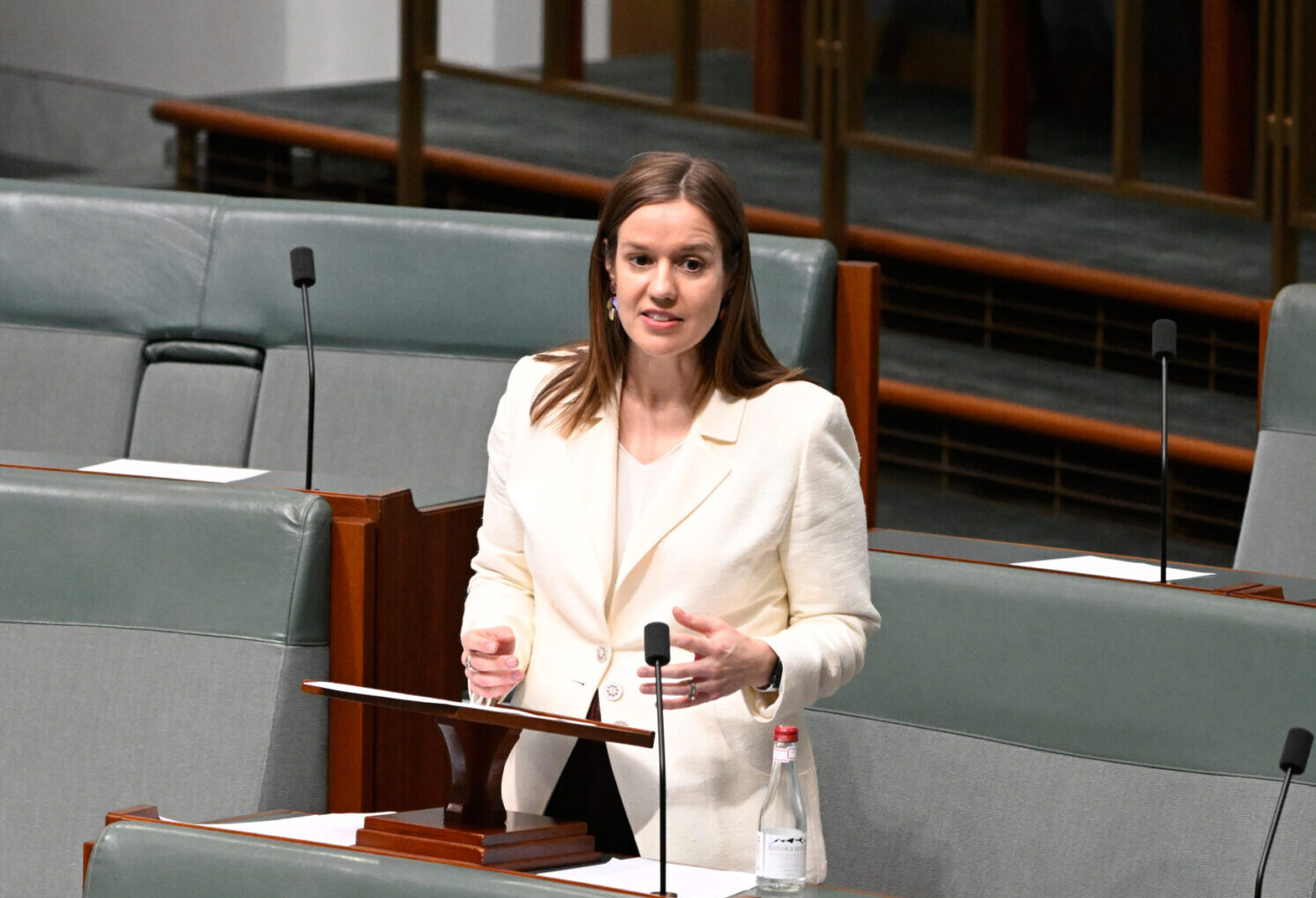Thank you to my friend the member for Canberra for moving this motion. The two of us share a keen interest in and passion for working to close the gender pay gap, a passion that I know is shared by all my colleagues here and, in fact, by everyone in our government from the Prime Minister down. What’s particularly exciting about speaking to this motion today is that I’m talking not just about a passion and an interest but about a government that is getting on with work that will close the gender pay gap.
At the moment, the gender pay gap sits at an unacceptable 14.1 per cent. It is so disappointing to see that figure. It translates to men earning almost $264 per week more than women. There are many women in our community—men as well—who are shocked when they hear that number. People tend to think that this is a problem we’ve already fixed. In fact, it’s a problem that is taking far too long to address. I’m so pleased that, across a range of measures, our government is getting on with trying to close the gender pay gap seriously and as quickly as we can.
The gender pay gap persists across all industries, though we know that it’s most felt in the sectors that are heavily dominated by women workers, such as aged care and early childhood education. It’s in these spaces that government really can make a major difference, and it is these spaces that our government is focusing on to make a big difference. Our first budget last month demonstrated that, under our government, women are up front and centre. We are committed to making Australia a world leader on gender equality. Our government is following through on our commitment to cheaper child care, and I know what a difference that is going to make to women in my electorate and around the country, who will be able to afford more child care and, therefore, be able to work more. It will make it easier for parents to get back into work, particularly mums who may want to work that extra day a week.
Another critical measure in our budget is our expansion of paid parental leave. I’m so proud of this achievement. It’s something I’ve advocated for for a long time in this place. I’ve spoken about it a lot and I am so proud to be part of a government that is delivering it. We know there is a wealth of research out there that shows that a well-designed paid parental leave policy will deliver dividends in encouraging parents to share unpaid caring responsibilities. It has positive impacts on children’s development and the wellbeing of parents and, in the context of what we’re talking about now, is most likely to build women’s workforce participation. So that means, again, that women have the chance to work more and it will, hopefully, have some impact on closing that gender pay gap. The gap in earnings that women face across their lifetimes means too often, at the moment, that, when women get to the end of their working lives, they are actually facing time in poverty. As we know, older women are the fastest-growing group facing homelessness. It should not be like this in our community.
Importantly, now, our government is amending the Fair Work Act to add gender equity to the heart of our Fair Work system. In doing so, we are setting a clear expectation that the Fair Work Commission must consider this aim when performing its functions. Whether it’s setting the minimum wage, considering changes to awards or something else, this is a development that will make a real difference.
I mentioned aged-care and early-education workers before because both of these sectors are so important to our country. They helped carry us through the pandemic. I’ve said it before and I will say it again: the women who work in these sectors—and the men—are absolute legends. We rely on the people—mainly women—who work in these sectors, and in fact we will do so more and more in the future. We know, again, that demand for aged care in our country is growing. We know that our reforms to child care will mean that demand for child care will grow. Yet these entire sectors are at risk, because we do often struggle to have a workforce. And one of the main reasons we struggle to have a workforce is that their work is still undervalued. What we might call the caring economy, or really what we see as ‘women’s work’, has been underpaid for decades, and, despite the best previous efforts of unions and advocates, we have not secured these women the pay rises they should have. So I am proud to be part of a government that is now taking the action we need to close the gender pay gap, to take this issue seriously and to look out for the women of Australia.
